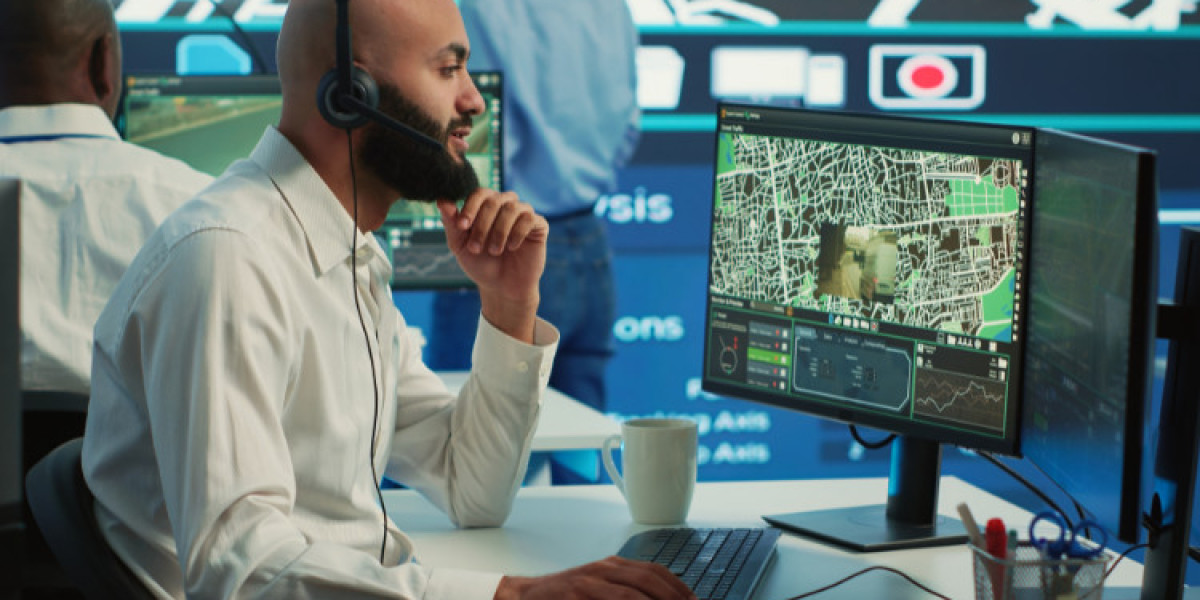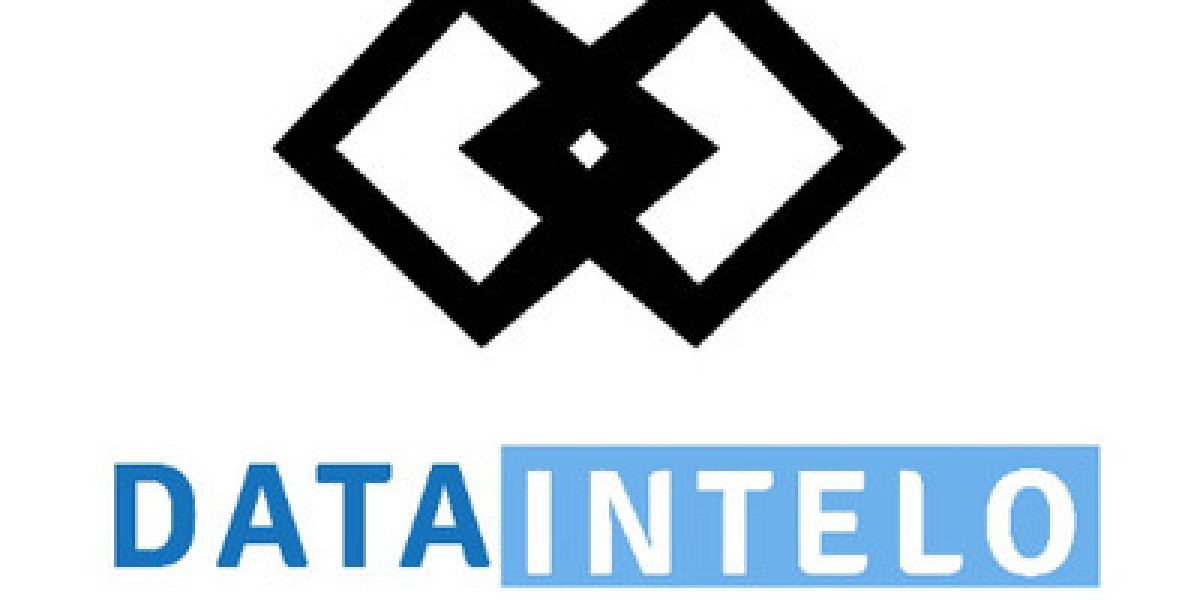In an increasingly digital and interconnected world, the need for effective and reliable security measures has never been greater. Traditional security methods, such as on-site guards and alarm systems, have served their purpose but often come with limitations in terms of cost, scalability, and real-time response. Enter the Remote Guard, a groundbreaking solution that leverages technology to provide enhanced security without the need for a physical presence.
What is a Remote Guard?
A Remote Guard is a virtual security solution that uses advanced technology to monitor and protect properties, assets, and individuals. These systems typically employ high-definition cameras, motion detectors, and sophisticated software, all managed by trained professionals in remote locations. Unlike traditional security guards who need to be physically present, remote guards monitor premises in real-time from a centralized hub, ensuring 24/7 vigilance.
How Remote Guard Systems Work
Remote guard systems rely on a combination of hardware and software to deliver their services. Here’s how they typically function:
Surveillance Equipment
High-quality cameras and sensors are installed at strategic points around a property. These devices capture video footage and detect unusual activities, such as unauthorized entry or movement in restricted areas.Real-Time Monitoring
The captured data is transmitted to a monitoring center, where trained professionals analyze the feed. These operators are equipped with tools to zoom in on specific areas, assess potential threats, and determine the best course of action.Automated Alerts
Advanced systems use AI-powered software to identify suspicious activities. For instance, if a person is seen loitering near an entrance for an extended period, the system flags the behavior and notifies the monitoring team.Immediate Response
If a threat is confirmed, remote guards can take swift action. This might involve activating an alarm, issuing verbal warnings through loudspeakers, or notifying local law enforcement.
Benefits of Using Remote Guard Services
Cost-Effective
Employing a team of on-site security guards can be expensive, especially for large properties. Remote guards provide a more affordable alternative without compromising on effectiveness.24/7 Surveillance
Unlike human guards who need breaks and are prone to fatigue, remote guard systems operate around the clock, ensuring continuous protection.Enhanced Coverage
A single remote guard setup can monitor multiple locations simultaneously, making it ideal for businesses with extensive premises or multiple sites.Faster Threat Response
With AI-driven alerts and real-time monitoring, remote guards can identify and address potential threats much quicker than traditional methods.Reduced Human Error
By combining human oversight with advanced technology, remote guard systems minimize the chances of missed threats or false alarms.
Applications of Remote Guard Services
The versatility of remote guard systems makes them suitable for a wide range of applications:
Residential Properties
Homeowners can use remote guards to monitor entrances, gardens, and garages, providing peace of mind whether they’re at home or away.Commercial Establishments
Retail stores, offices, and warehouses benefit from remote monitoring to deter theft and ensure employee safety.Industrial Sites
Factories and construction sites often have large perimeters and valuable equipment that require constant surveillance.Public Spaces
Parks, parking lots, and community centers can utilize remote guards to maintain order and enhance public safety.
The Role of Technology in Remote Guard Systems
The effectiveness of remote guards is largely due to advancements in technology. Key innovations include:
Artificial Intelligence
AI enables systems to recognize patterns and anomalies, significantly improving threat detection accuracy.Cloud Storage
Footage and data are stored securely in the cloud, ensuring easy access and preventing loss due to hardware failures.Integration with Smart Devices
Many remote guard services offer mobile apps, allowing users to check live feeds and receive alerts directly on their smartphones.
Challenges and Considerations
While remote guard systems offer numerous advantages, there are some challenges to consider:
Dependence on Internet Connectivity
A stable and high-speed internet connection is crucial for seamless operation. Any disruptions can impact the system’s performance.Privacy Concerns
Continuous monitoring may raise privacy issues, especially in residential settings. Service providers must ensure compliance with privacy laws and obtain necessary permissions.Initial Setup Costs
Although cost-effective in the long run, the initial investment in hardware and installation can be significant.
Conclusion
The Remote Guard is transforming the security landscape by offering a smarter, more efficient alternative to traditional methods. Its ability to provide real-time monitoring, rapid response, and cost savings makes it an invaluable tool for individuals and businesses alike. As technology continues to evolve, remote guard systems are set to become even more sophisticated, ensuring that safety and peace of mind are just a click away. Whether protecting homes, businesses, or public spaces, the remote guard is undoubtedly a game-changer in modern security solutions.







